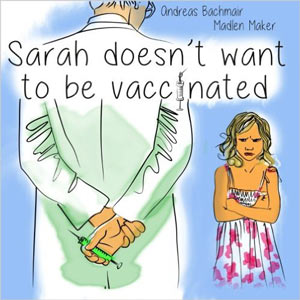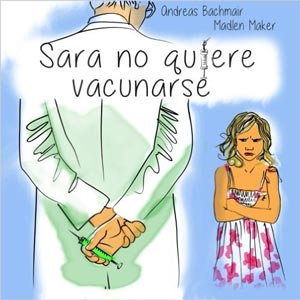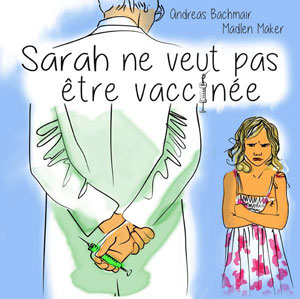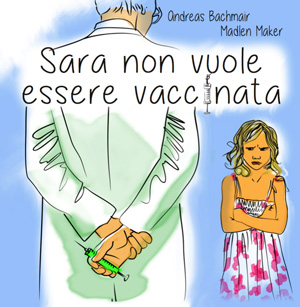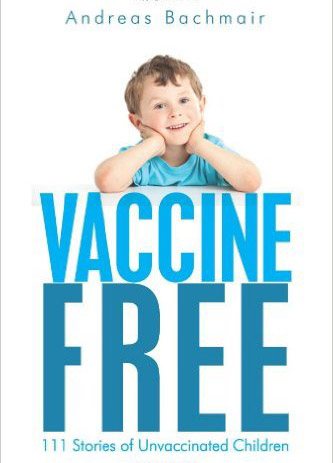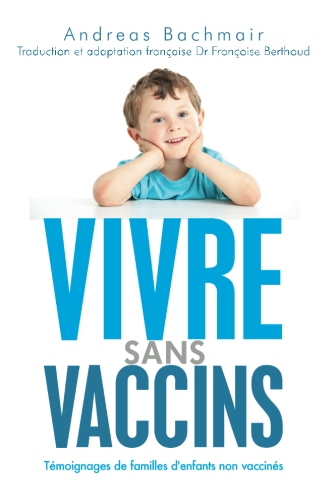Avian Flu, H5N1

Influenza A (H5N1) – also referred to as bird flue – is a subtype of the Influenza A Virus (which occurs in 15 subtypes (H-subtypes) which is found in birds (particularly in chickens and water birds). The virus types that occur in people belong to the subtypes H1, H2 and H3, transmission from animals to people is rare but if there is close contact with infected animals it can happen. Until now transmission to humans has occurred in
Since December/January 06 the bird flu has reached
There are two types of the disease for Influenza A (H5N1):
• Low Pathogenic Avian Influenza: The birds are only affected by mild symptoms, often only accompanied by ruffled feathers or a decrease in the number of eggs they lay.
• Highly Pathogenic Avian Influenza: Almost 100% of diseased birds die within a very short time after they have contracted the disease.
The virus strains of the subtype H5N1 that are presently circulating in
You can obtain the most recent status of the infection if you contact the WHO.
Humans who contract the disease
Up until now there have only be a few cases where people have contracted the disease. The course the disease takes is similar to a serious case of the flu with fever, headache and a sore throat, pains in the joints and pneumonia. Almost all people who are infected had contact to diseased animals (see influenza).
Antigen shift
Influenza viruses change all the time (referred to as antigen drift). What this means ist hat influenza vaccines must be constantly redeveloped. What worries the experts is the possibility that a simultaneous infection with bird influenza A viruses and human influenza A viruses in humans or in pigs could lead to a mixture and change in the genetic material of the viruses (referred to as antigen shift). This process could result in the virus’s having an easier time being transmitted from human to human. But at the present time there are no indications that this is taking place.
Prevention
The most important preventive measures consist in avoiding living or dead birds in the areas that are affected, i.e. not visiting bird markets in countries that are affected. The virus is killed if it is heated to a temperature higher than 70°C. This temperature must be reached if the meat or the egg is cooked or fried. According to what we know today eating poultry and eggs that has been prepared this way is not dangerous. To what extent raw food can lead to a transmission is not clear. In general the best precaution you can take is to wash your hands carefully with soap and water or use disinfectant solutions on your hands.
Treatment
According to studies, of the well-known medications that are effective against viruses only the so-called neuraminidase blockers (Tamiflu TM) are effective to a certain degree against the current bird flue virus. But there are no generally valid recommendations for their use in case of an outbreak of the current bird flu virus of the H5N1 virus type. However, resistances have been shown in the medication TamifluTM (http://www.deutschesaerzteblatt.de, Mai Le Q, Kiso M, Someya K,
The bird flu virus seems to be resistant against the effect of M2 blockers (Amantadine and Rimantadine), which are also used for influenza.
A large number of countries have developed emergency plans and have stocked up on large amounts of this neuraminidase blocker.
Vaccination
A vaccine against the bird flue has not been developed yet. Research is being done on a new vaccine for people which is effective against bird flue. The flue vaccine recommended during the 2005/2006 season does not offer any protection against either the bird flue or the variant where the disease could be transmitted from humans to humans (www.RKI.de)
The vaccines against influenza which are presently on the market do not protect against infection with the bird flue virus.
|
Summary:
|
The effectivity of the general influenza vaccination is more than questionable. Thus Arzneitelegramm (arznei-telegramm 2004;35;120-2) wrote the following as early as 2004:
- A reduction of „complications, which at any rate are rare“in children, adolescents and adults younger than 65 without prior diseases has not been proven. There is also no impact on the number of sick days taken by adults. The authors even think that the complications in this group are “extremely rare”.
- In children the risk of influenza can be reduced but there are no trials on reducing complicated courses of the disease, complications or even mortality.
- In patients who are older than 65 the influenza vaccination decreases the complication and mortality risk – due to the bad quality of the trials this is based on, however, arznei-telegramm "thinks it is possible that the true effect is systematically overrated”.




